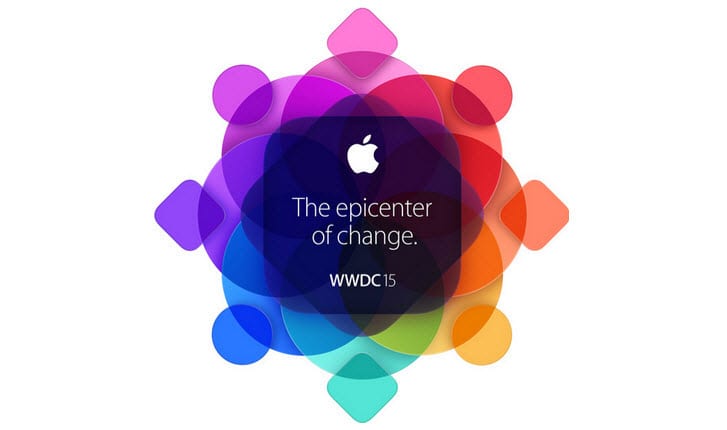With the growing concerns with the privacy of our personal information, Apple’s new iOS 9 will be built with a user’s privacy in mind. iOS 9 is scheduled to be released at the end of June, 2015. Not only will the new mobile operating system provide a higher level of privacy, Apple promises it will have the most proactive and conversational assistant (Siri) to date. Unlike Google, their main competitor, if Apple looks up traffic patterns for you, those results stay anonymous and are not passed on to others.

The idea behind the new iOS 9 is that Apple wants the device to know you, while still maintaining your privacy. They don’t want to keep your personal information from using the device. Google users know all too well how searching for a particular place or product will yield related advertising as you browse the web. Apple claims they do not want to track your usage. Given the track record of technology companies in the United States this would certainly be a turn around. Time will tell just how private their new iOS implementation will be.
Though the news app is going to be built from the ground up, it will not be tethered to any specific account. Apple stressed more than a few times, especially with the release of their new music service, that humans would be involved in the musical decisions as well as other decisions, as opposed to the algorithms that Google uses. By doing this, Apple is trying to draw major differences between them and their other competitors.
Apple is choosing to stand on the side of privacy. While it will take time for many of us to believe their intentions are pure, Apple has the opportunity to fundamentally change our expectations of how technology companies deal with users privacy. Apple has been a trend setter for years so hopefully other companies will join in on the privacy wave. We’ve even seen companies like Facebook and Google adding privacy features. There is a long way to go but this is a step in the right direction.
Craig Federighi stated that”If we do a lookup on your behalf, such as traffic, it’s anonymous. It’s not shared with third parties. Why would you do that? You are in control.” That’s in direct contrast to what Google and other free online services do with your searches and data. As the saying goes, if you’re not paying for it, you are the product. Think avout that next time you sign up for a free VPN, online backup, or other online service.
The thought is that Google has too big of a presence in the user’s life. They rely on users expecting some sort of trade-off of their privacy information because many of the apps they use on Google are free. Even though most people would rather not give any information at all, everything comes at a cost. The question is at what cost? Whether it is monetary or in the form of information some amount will be paid for anything you do. I would personally rather pay for a service than have my data mined and sold.
From the stand point of the user, if I pay a premium price for a product, I expect to have the privacy that Apple is promoting in their new operating system. The trade off comes in convenience and cost. Would you rather pay money for a premium service and get anonymous results without divulging info to the company behind the device? Or would you rather pay for your free apps with your personal information? This is a hard decision for most, but I know which one I would choose.
